1. All in the Family
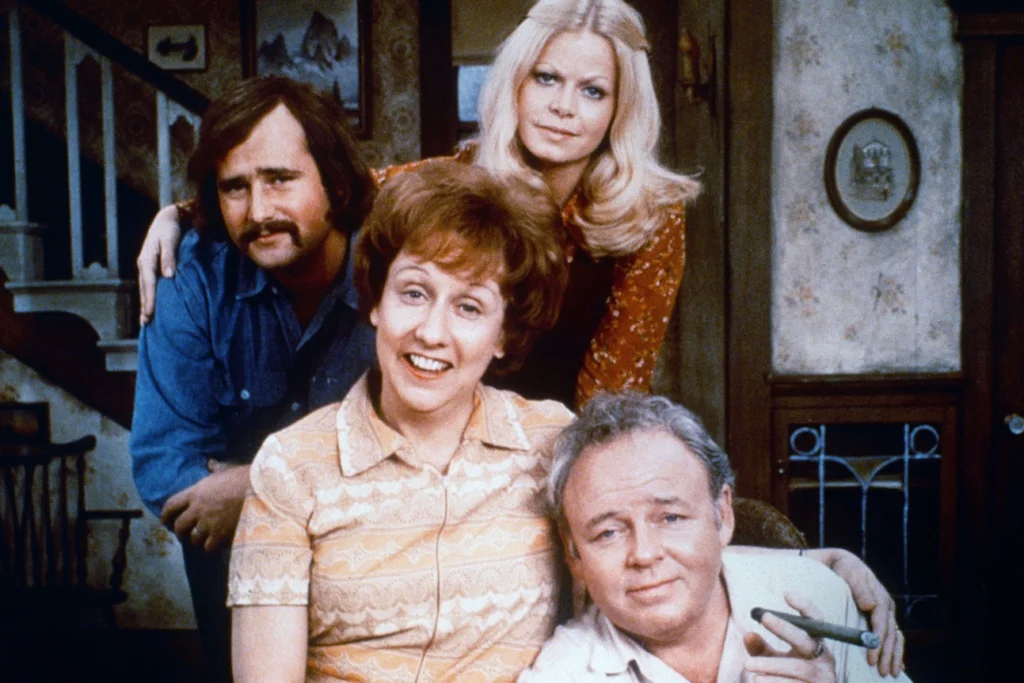
All in the Family revolutionized the sitcom world when it aired in 1971. The show’s central character, Archie Bunker, played by Carroll O’Connor, was a loudmouthed, bigoted, working-class man who challenged the traditional family dynamic. By tackling social issues like racism, women’s rights, and political correctness, the show set a new standard for addressing real-world problems on prime time. It wasn’t just about laughs; it sparked conversations about how television could be a reflection of society’s most pressing issues.
The show’s boldness in airing uncomfortable truths about race and politics paved the way for more progressive television. It didn’t shy away from controversial topics, and while it didn’t always offer neat resolutions, it kept audiences thinking long after the credits rolled. All in the Family wasn’t just a sitcom; it was a cultural phenomenon that made viewers rethink what was acceptable in family entertainment.
2. Maude
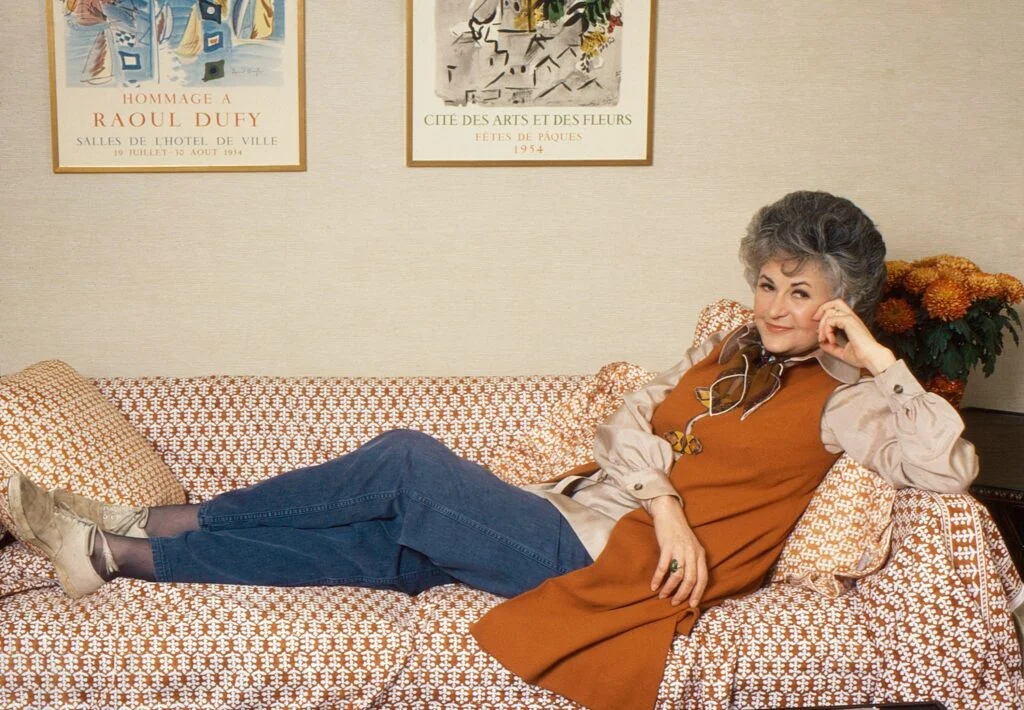
Starring Bea Arthur, Maude premiered in 1972 and quickly made waves with its fearless exploration of women’s rights, abortion, and gender roles. Maude Findlay, the sharp-tongued, opinionated protagonist, broke stereotypes by being a politically active, independent woman who wasn’t afraid to speak her mind. The show often centered on topics that were considered too risqué for the time, like Maude’s decision to have an abortion, which became one of the most talked-about episodes in TV history.
While Maude tackled serious issues, it balanced them with humor, making them more accessible to viewers. Bea Arthur’s portrayal of Maude’s unapologetic attitude resonated with many, especially women who saw themselves in her struggles. In doing so, Maude redefined the role of women on television and helped open doors for future shows with strong, complex female characters.
3. The Mary Tyler Moore Show
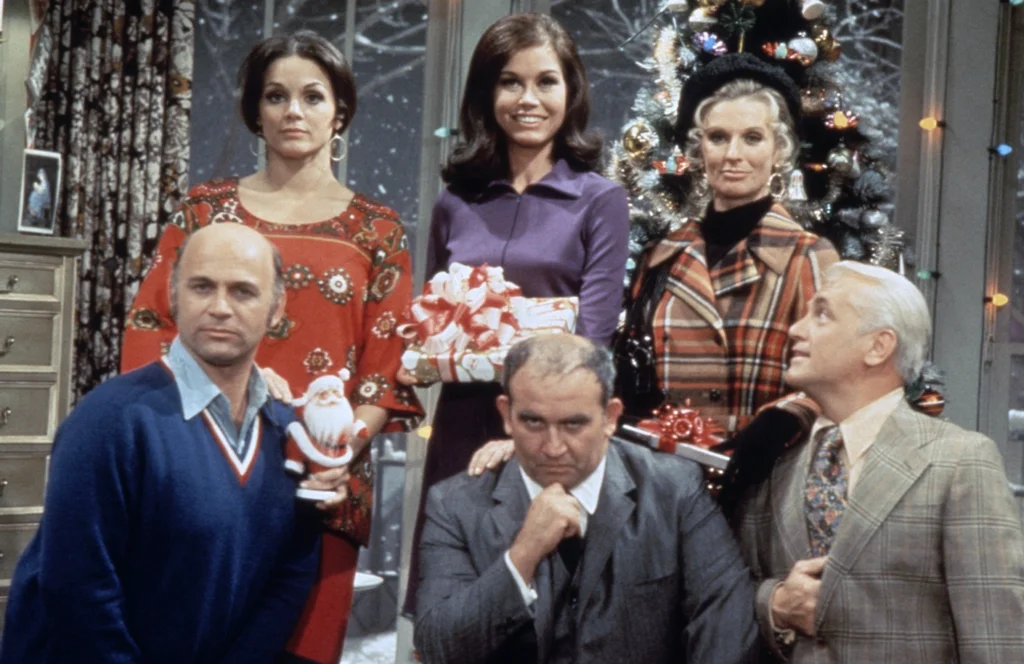
Though The Mary Tyler Moore Show might seem like a traditional workplace sitcom at first glance, it broke new ground in its portrayal of independent women in the 1970s. Mary Richards, played by Mary Tyler Moore, was a single woman working as a TV news producer—rarely seen in such a positive light on TV at the time. The show didn’t just focus on her relationships or romantic escapades but celebrated her career, ambitions, and personal growth.
The show also flipped the script on the usual male-dominated office environment. It featured a diverse group of characters, including a quirky, feminist newswriter and a charming but bumbling anchor. Through its witty dialogue and diverse cast, The Mary Tyler Moore Show gave women a new kind of role model on television: someone who was smart, independent, and unapologetically successful.
4. One Day at a Time
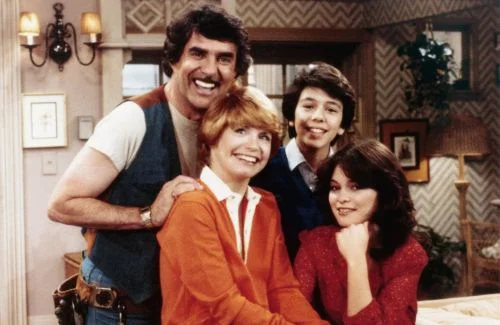
In 1975, One Day at a Time presented a single mother raising two teenage daughters. Bonnie Franklin’s character, Ann Romano, was a divorced woman struggling to balance work, life, and motherhood, all while dealing with societal expectations of women in the 1970s. The series was groundbreaking for showing a divorced woman as the central character and exploring the complexities of single parenthood, a subject that had never been so candidly discussed before on TV.
The show also dealt with important issues such as teenage rebellion, birth control, and Ann’s own dating life, making it a trailblazer in terms of addressing family dynamics and modern-day concerns. Though it had its fair share of humor, One Day at a Time also resonated with audiences for its honest portrayal of family struggles, particularly the challenges faced by women trying to navigate the complexities of life on their own terms.
5. Good Times
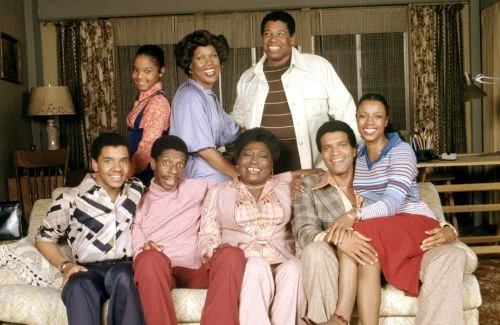
Set in a Chicago housing project, Good Times premiered in 1974 and brought the struggles and triumphs of an African American family to the forefront of primetime television. The show was notable for its portrayal of working-class African Americans who faced both the challenges of poverty and the hopes of upward mobility. The family, headed by the strong, loving matriarch Florida Evans, had to deal with difficult issues such as unemployment, systemic racism, and family tensions, all while trying to keep a sense of humor.
Though the show was filled with laughs, it also addressed topics often ignored by mainstream television, particularly the harsh realities of inner-city life. Good Times pushed boundaries by presenting a realistic view of life in a way that was rarely seen on network TV, showing the complexity of African American experiences while offering hope and resilience in the face of adversity.
6. The Jeffersons
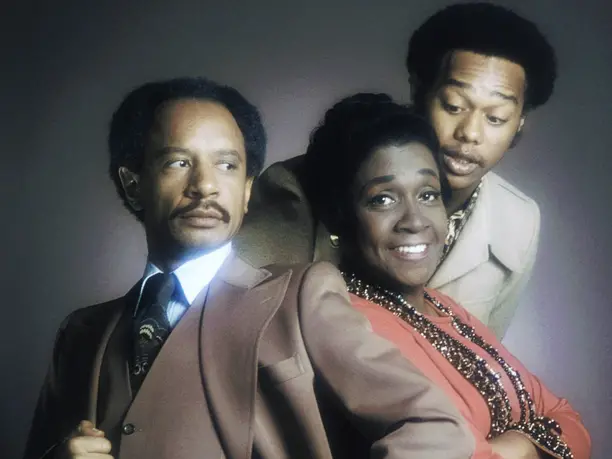
Premiering in 1975, The Jeffersons followed George and Weezy Jefferson as they made their way “up to the east side” to a ritzy Manhattan apartment. It was a spin-off of All in the Family, but it tackled issues of race, class, and upward mobility in a bold new way. George, played by Sherman Hemsley, was a self-made businessman who was proud of his success, but his brash, often arrogant attitude also led to plenty of conflict with his new affluent neighbors.
The Jeffersons wasn’t just about humor; it was about how the characters navigated the social challenges that came with their newfound wealth. The show used its platform to discuss racism, classism, and the generational divide between George and his son Lionel. As the first African American family to be featured in a primetime sitcom with financial success, The Jeffersons broke new ground by showing black characters in a positive, affluent light, paving the way for future shows that explored similar themes.


